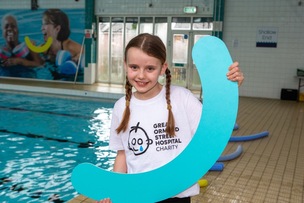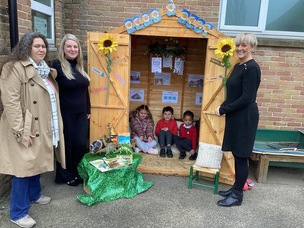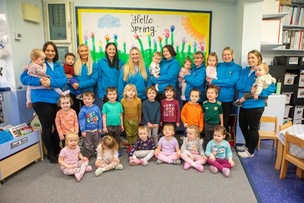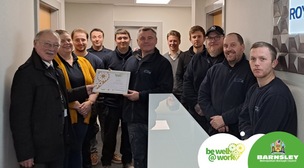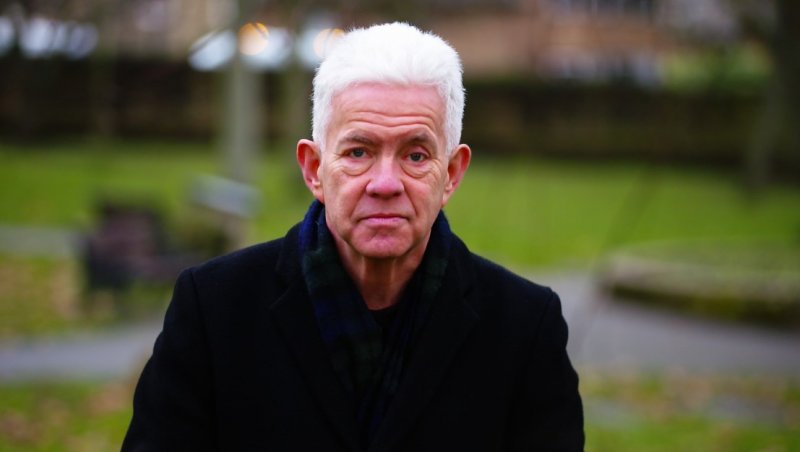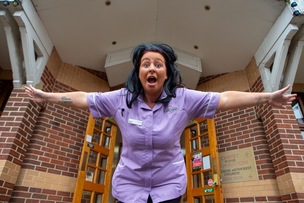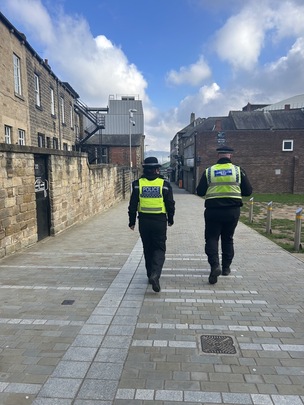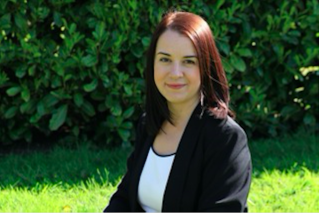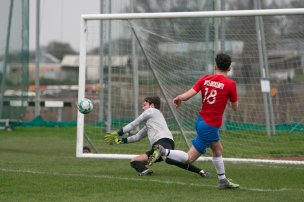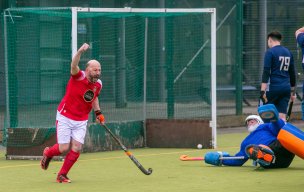A TEENAGER who has suffered from anorexia has welcomed funding of £280,000 awarded to a charity which helps people with eating disorders.
Ellen Cale was just 14 when she started to exercise obsessively.
She stopped eating altogether and ended up weighing just six stones.
She was hospitalised three times including one eight-month admission where she was tube fed a high-calorie meal replacement to help her gain weight.
She said the £280,000 awarded to South Yorkshire Eating Disorders Association enabling new services in Barnsley was ‘brilliant news’.
Ellen, now 19, said: “It’s incredible, I’m really pleased. It is something that’s needed, especially in Barnsley. There is just not enough there for people who need it.
“There is a high demand and I really hope that people who need help can get some support.
“As someone who has struggled with anorexia, I think it is wrong to have to get to a certain weight before you can access help. It is a mental illness, not a physical illness.
“That just sends out the wrong message.”
South Yorkshire Eating Disorders Association aims to help people before they become critically ill. It has been awarded £280,000 from the Big Lottery Fund to develop its services, including in Barnsley, which includes one to one counselling and therapy for adults.
Barnsley will also benefit from a dedicated eating disorder specialist who will assess and treat people locally. The association’s previous funding, also from the Big Lottery Fund, ran out in June this year.
Chief executive Chris Hood said: “We are singularly concerned with addressing or supporting people to move forward towards recovery from struggling with an eating disorder.
“From December, we’ll be available for people to self-refer.
“In Barnsley in the previous three years, we got a lot more 25-year-olds coming to us with binge eating disorder or bulimia than we did with anorexia.
Barnsley has some particular concerns around its relationship with food there is a high concentration of fast food takeaways.
“We cater for all ends of the spectrum. The threshold for NHS help is very high.
“We are an early intervention service you don’t have to have a severe disorder. We’re about catching people before they become too unwell.”
Chris said the service runs an in-school counselling service in four secondary schools in Barnsley and talks were ongoing with the Clinical Commissioning Group about expanding it.

